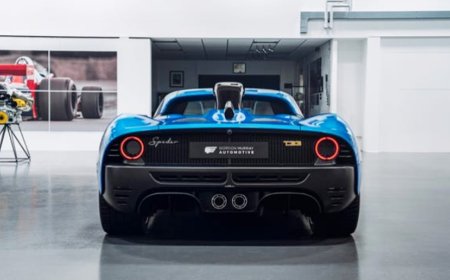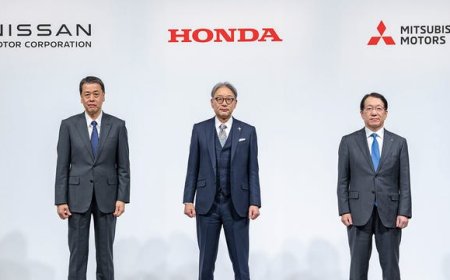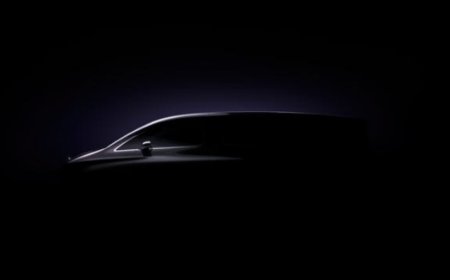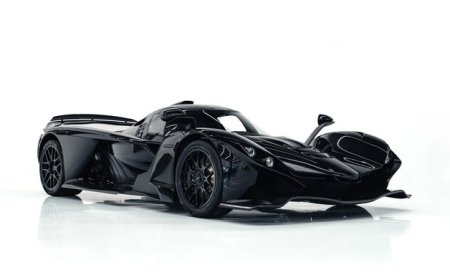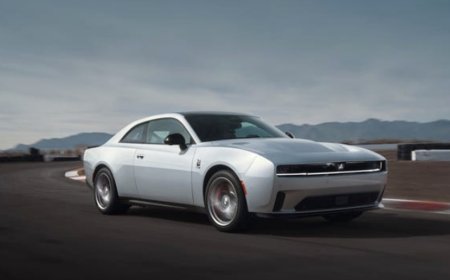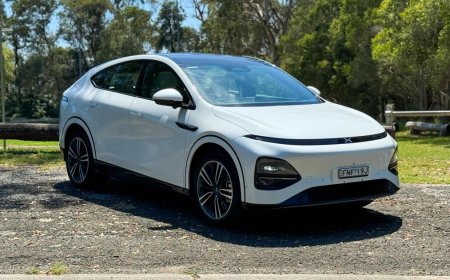Nissan’s debt crisis leads to shocking Honda merger talks
What a possible Honda-Nissan merger could do for Japan’s biggest automakers as they fight for relevance in an EV-driven world.
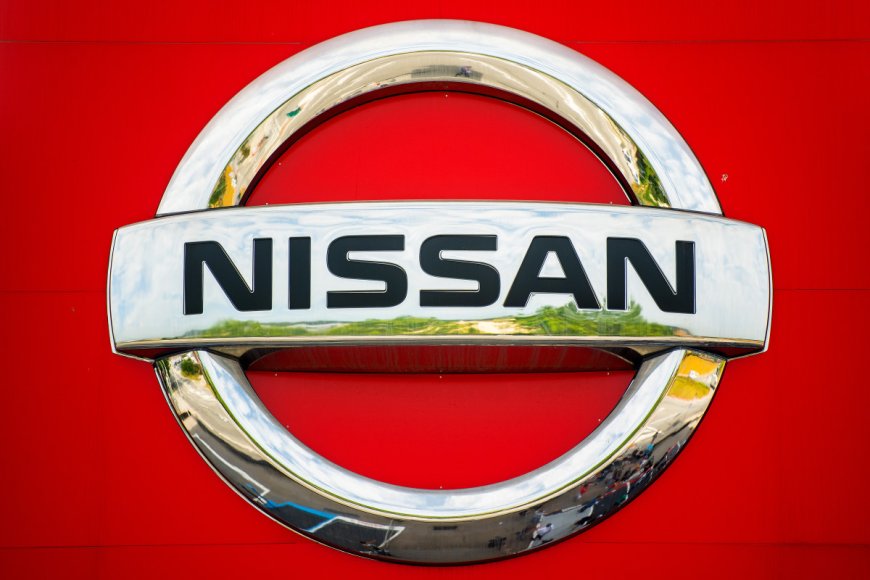
Honda and Nissan are reportedly preparing to enter discussions on a potential merger, according to Japan’s Nikkei. If successful, the deal could significantly alter the landscape of the Japanese automotive industry, consolidating it into two major camps: Toyota and a combined Honda-Nissan alliance.
The talks could eventually expand to include Mitsubishi, creating a unified group with greater resources to compete in the global electric vehicle (EV) market against leaders like Tesla and BYD.
Related: EV buyers say emissions aren't their top concern
Building on existing collaborations
Earlier this year, Honda and Nissan announced plans to collaborate on electric vehicle batteries and software. Honda’s CEO, Toshihiro Mibe, even hinted at the possibility of a capital tie-up during those discussions. While neither company confirmed the latest merger reports, both reiterated their commitment to deeper cooperation.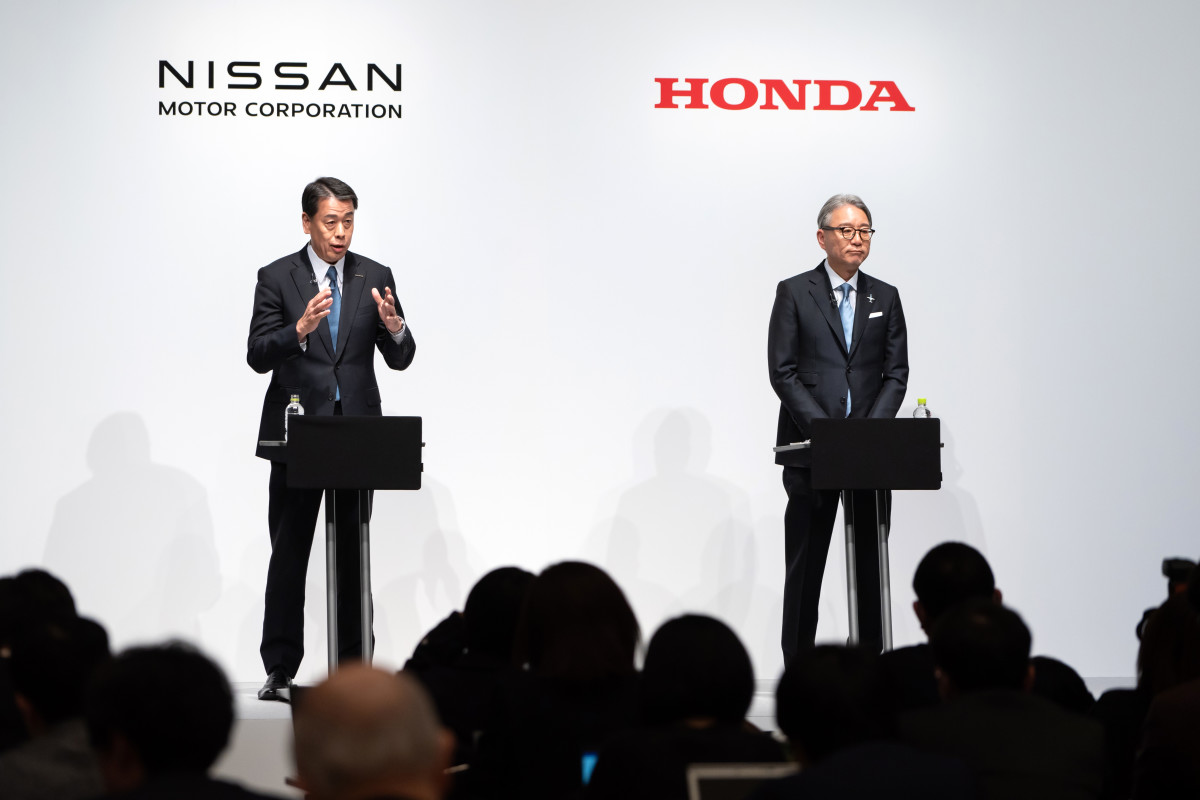
“We will inform our stakeholders of any updates at an appropriate time,” Honda said in a statement.
According to the Nikkei report, the automakers aim to sign a memorandum of understanding to discuss shared equity stakes in a new holding company that would oversee the combined operations.
Related: Ford secures $9.63 billion federal loan for U.S. battery plants
Financial challenges and competition
For Nissan, the merger could provide much-needed relief amid ongoing restructuring efforts. The company has struggled with stagnant revenue, declining profits, and a heavy debt load that has raised concerns about its credit rating. Nissan has already begun unwinding its long-standing partnership with Renault, a process that could make way for closer ties with Honda. Nissan’s stock was up nearly 12% today on news of the merger talks.
Recently, Nissan announced that it would be reshuffling some of its executives, with Jeremie Papin, who currently serves as chair of Nissan Americas, taking over as the Chief Financial Officer for the automaker. No indication has been given yet, but a merger could see more executive positions shifted under a new joint company.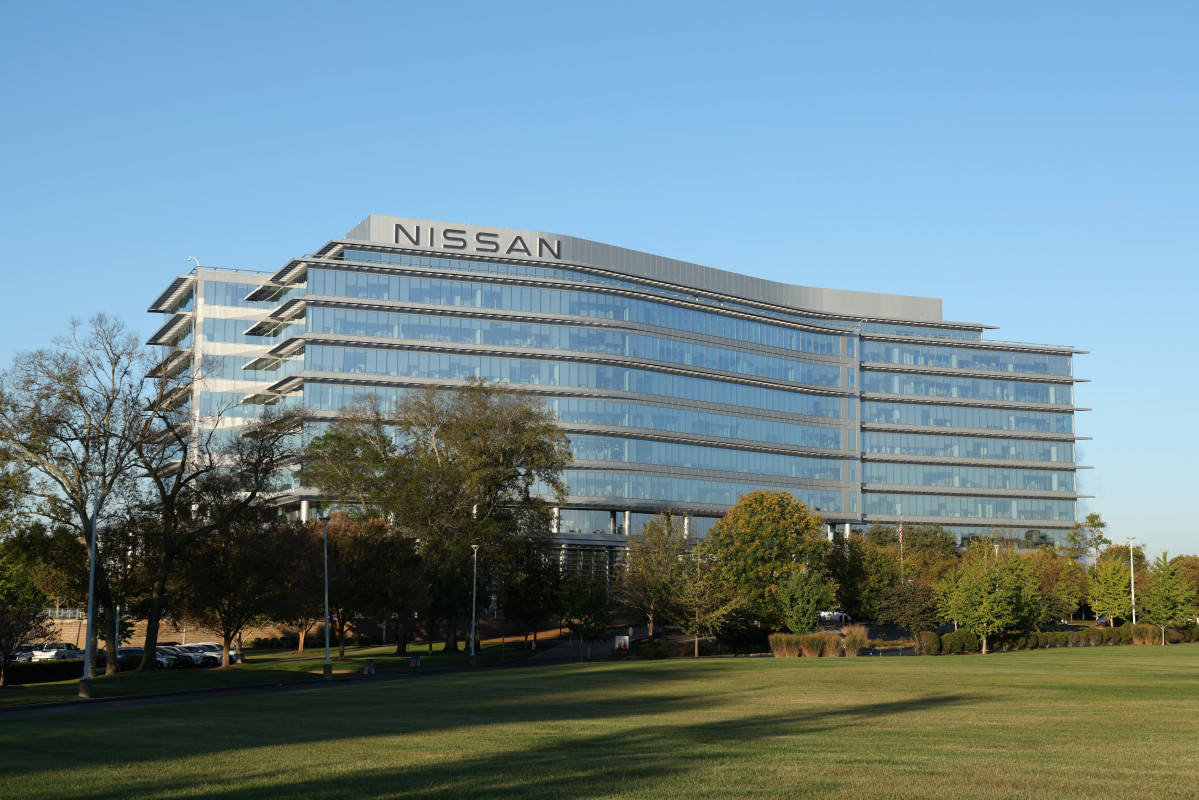
Meanwhile, Honda is looking to scale its hybrid and fully electric vehicle production. Joining forces with Nissan would enhance both companies’ ability to meet global EV demand and compete against larger automakers, including Toyota, which sold 5.2 million vehicles globally in the first half of the year—far outpacing the combined 4 million sold by Honda, Nissan, and Mitsubishi.
Final thoughts
If the merger proceeds, it could create a stronger competitor in the EV sector and reshape the global automotive market. However, the plan is still in its early stages, and significant hurdles remain.
A merged Honda-Nissan-Mitsubishi group would aim to streamline operations and increase efficiency, allowing them to compete more effectively with industry giants. As automakers face increasing pressure to transition to electric vehicles, partnerships like this one could be key to long-term success.
For now, the industry is watching closely as talks unfold, with the potential merger promising to redefine alliances in the automotive world.
Related: Why can't manufacturers sell directly to consumers?
